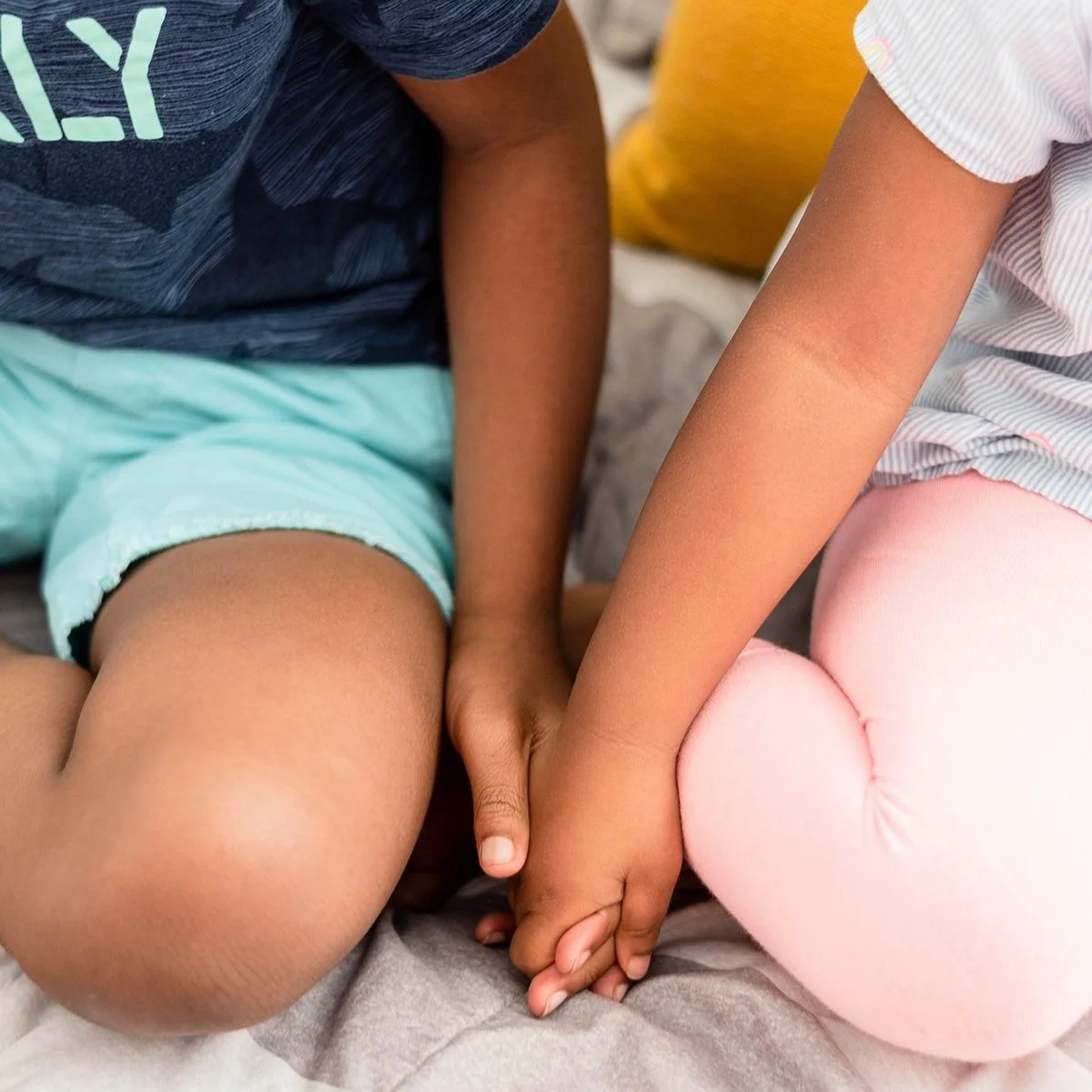Why we’re lonely in a social media society
As humans we are wired to be social creatures.
We started off as hunters and gatherers so for our ancient ancestors, being alone could be dangerous and reduce the odds of survival. In order to ensure our survival we needed to make sure we remained part of the group and were not cast out of the community at any point.
Experts think loneliness may have emerged as a unique type of stress signal to prompt us to seek companionship.
Even though we may not need to rely on our community for our survival anymore, our brains are still wired to seek out connection and community.
And loneliness still serves its purpose as a prompt to indicate that we may be feeling somehow disconnected from a sense of community or companionship.
When loneliness becomes chronic, that stress signal in the brain gets stuck and becomes disadvantageous to our mental well-being
Which explains how our social well-being has a direct connection to our mental well being.
Social well-being is a sense of belonging to a community and making a contribution to society.
Loneliness can change the neurochemistry of the brain by turning off the dopamine neurons, which trigger the reward response, causing some degeneration in the brain when the reward response is not activated," says Katherine Peters, MD, PhD, FAAN, associate professor of neurology and neurosurgery at Duke University.
There are 3 types of loneliness
Intimate/Emotional: Feeling like you lack relationships or attachments. Someone to turn to in times of need like a best friend or a partner.
Relational/Social: Not feeling a sense of belonging to a group beyond yourself. (or yourself and your partner).
Collective: Feeling detached from the wider community or world at large.
In 2025, approximately 36% of Americans report experiencing serious loneliness. According to CivicScience, about one in ten U.S. adults feels lonely every day, and 30% feel lonely at least once a week
Take a moment to consider how the 3 types of loneliness show up in your life.
Why... when we live in a world where we can be connected to people 24/7, meet strangers on apps and be privy to more intimate details about a person’s day to day life than ever before, is there a loneliness epidemic?
Roger Dunbar, a British anthropologist, who, through his study of primates, discovered that human beings are wired to know only 150 people, as that was the average size of hunter-gatherer communities. So all of these varied modern ways of socializing can become overwhelming for our brain and are not actually fulfilling the type of connection and companionship that feeds our well-being.
Pause and play this game in your head. (Or better yet, grab a pencil and piece of paper.)
1. Think of the top 25 people you "spend" the most time with each day.
Are they family? Close friends? Acquaintances? Coworkers?
2. How do you "know" them?
Childhood besties? College buddies? Facebook friend? Tick tock influencer?
3. Imagine you are planning a party with 150 person guest list and only those who nourish and positively impact your social and mental wellbeing are invited. Which of these people would make the cut?
Feel like you could uplevel in the relationship and connection area of your life?
Practice this 6 Minute Chakra Clearing Exercise to support you in creating healthy relationships, connection and communities.

